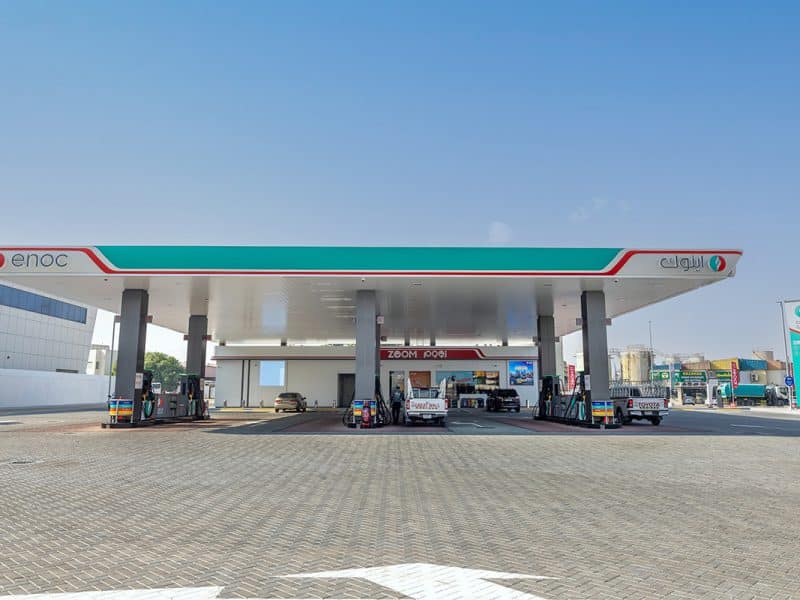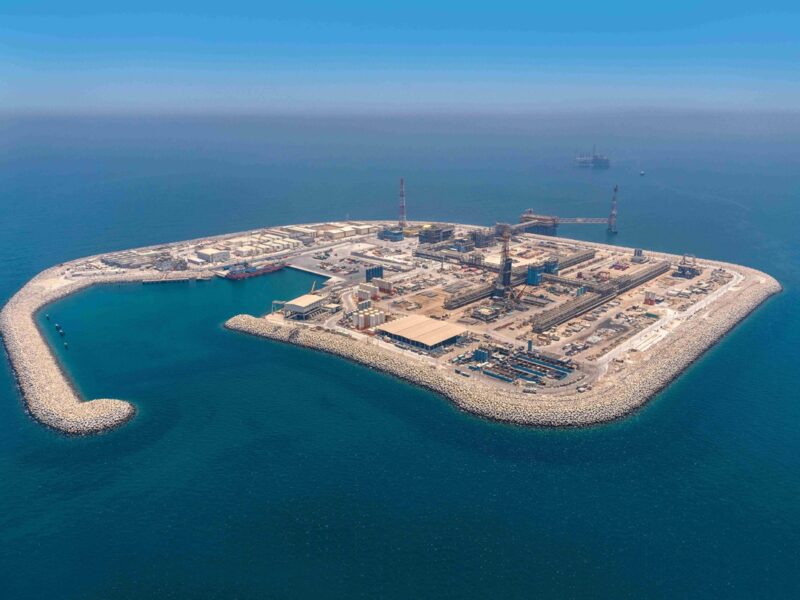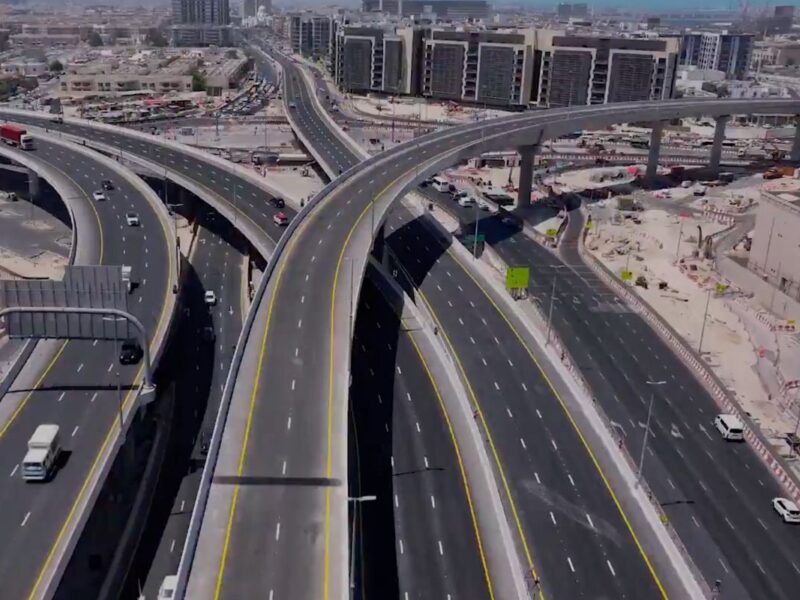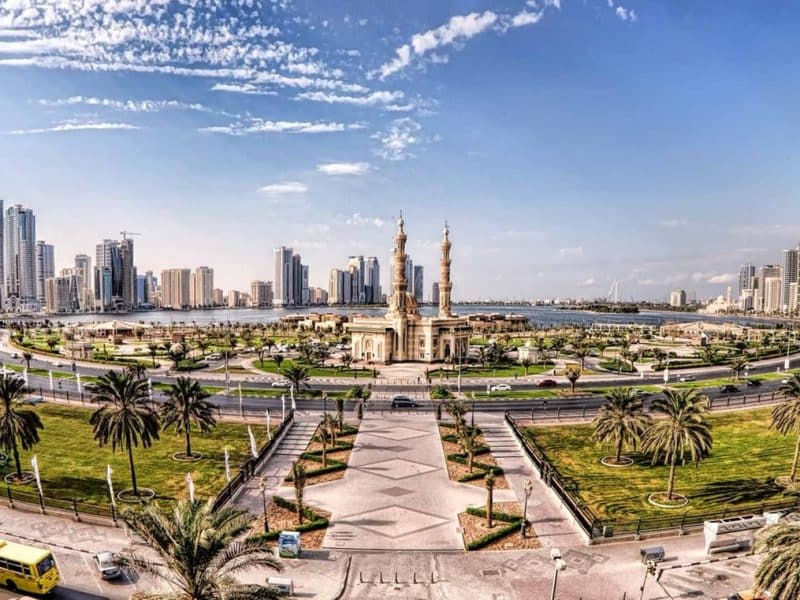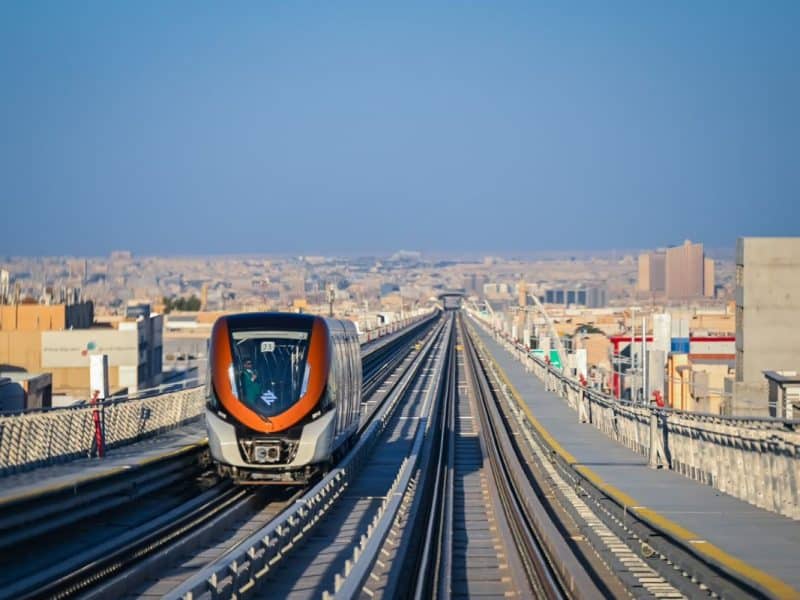State-run Oman Oil Co is talking to bankers about raising a $4 billion loan to build an oil refinery in the southern coastal town of Duqm, a major part of the government’s effort to build the country’s industrial base.
Oman unveiled a plan to build a large petrochemical complex alongside a $6 billion refinery in Duqm last year, as it seeks to expand downstream oil operations.
“Oman Oil Co is sounding out local banks to raise $4 billion for the Duqm refinery,” a senior Omani commercial banker, who did not want to identified, told Reuters on the sidelines of an investment seminar on Tuesday.
“I also believe it will soon appoint a lead arranger for this loan,” he added.
Oman Oil Co is developing the 230,000 barrel-per-day refinery project with International Petroleum Investment Co, based in neighbouring United Arab Emirates.
It said last week it would build a 200 million barrel crude oil storage facility at Duqm, by far the world’s largest tank farm, at a cost of $1 billion. Gulf Arab oil producers may see the facility, lying outside the Strait of Hormuz, as insurance against potential shipping disruptions in the strait by Iran.
The Omani government said last week it was seeking to raise $2.5 billion to expand an existing oil refinery at Sohar and pay for a previous loan. It also runs another refinery in the capital Muscat.
Sultan Qaboos bin Said, Oman’s ruler for 42 years, has picked Duqm, once a sleepy fishing village, as the country’s next industrial centre, with investments of up to $15 billion targeted in petrochemicals and infrastructure over the next 10 years.
“We are targeting $5 billion foreign investment at Duqm in the next five years,” finance minister Darwish al-Balushi told reporters on Tuesday, adding that projects worth $18 billion were either built or planned in the town.
“With all that investment, Duqm will help to diversify the economy away from oil income,” he said.
Oman is also investing heavily in airport and port operations in the southern city of Salalah, near the border with Yemen. Oil production accounts for 77 percent of government revenues and half of output in the $76 billion economy.
Balushi reiterated on Tuesday that the government would stick to its 2013 budget spending plan, despite a $22 slide in global oil prices to the current $103 per barrel over the last couple of months.
“We are committed to 13 billion rial ($33.8 billion) spending this year. That will not change. If oil prices are at an average of $100 per barrel we will achieve a surplus in 2013,” he said.
The finance ministry boosted planned 2013 expenditure by nearly 30 percent over its 2012 budget to 12.9 billion rials, pencilling in a deficit of 1.7 billion rials based on an assumed oil price of $85 per barrel.
Since 2011, the government has hiked spending on welfare and job creation schemes to head off social unrest following a wave of protests in the Arab world. Oman’s consultative Shura Council approved in February a much higher minimum wage and curbs on foreign labour to help prevent any repeat of 2011 protests against joblessness.

